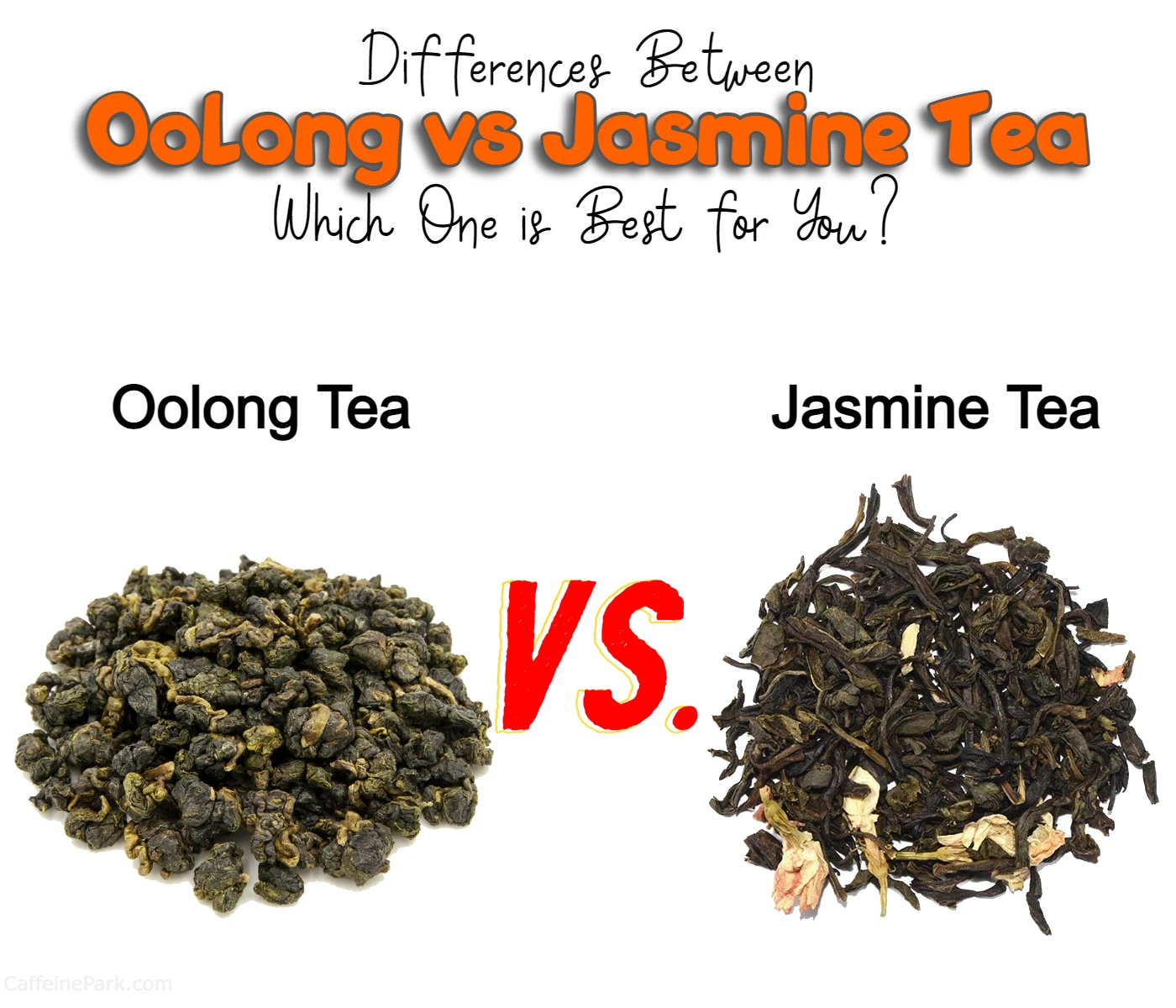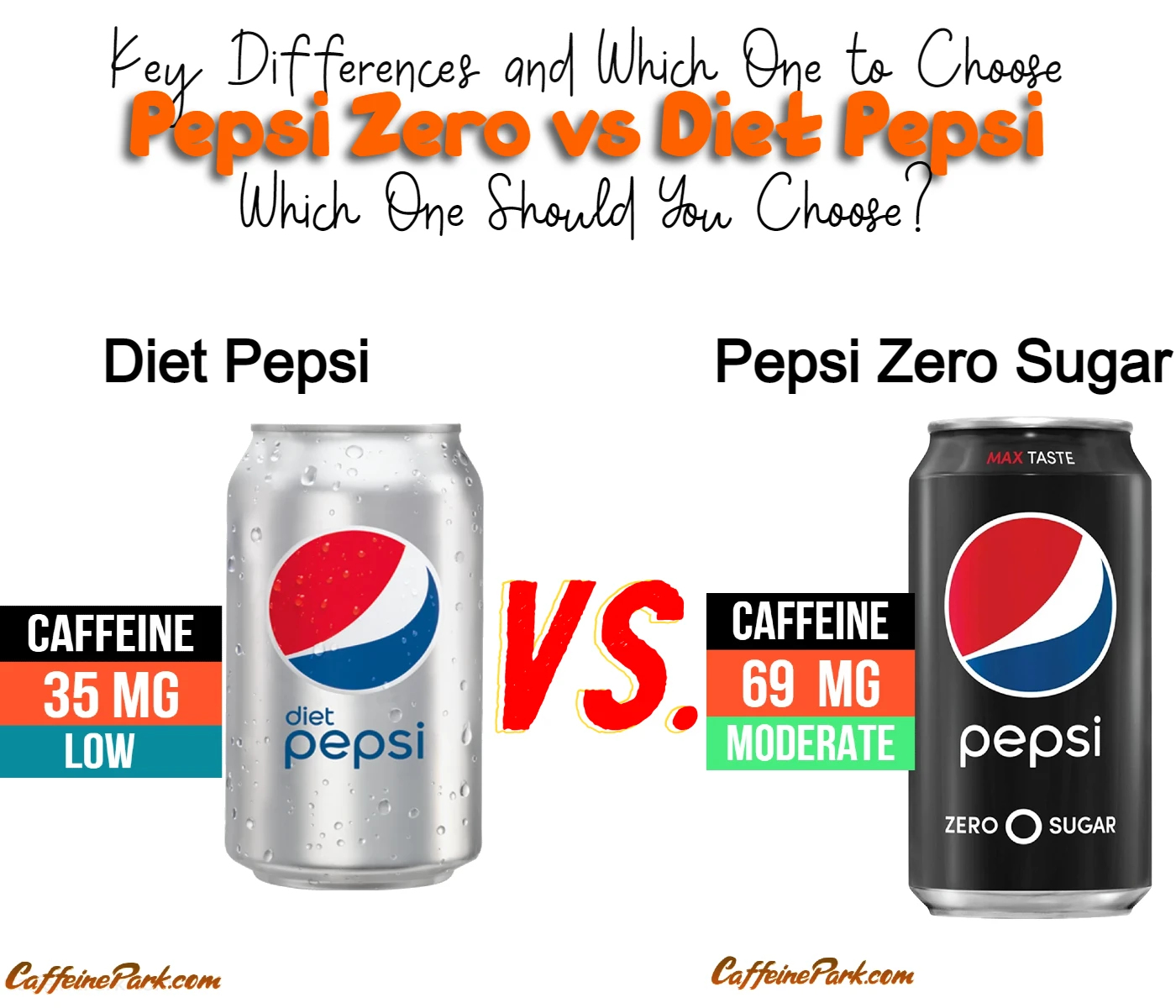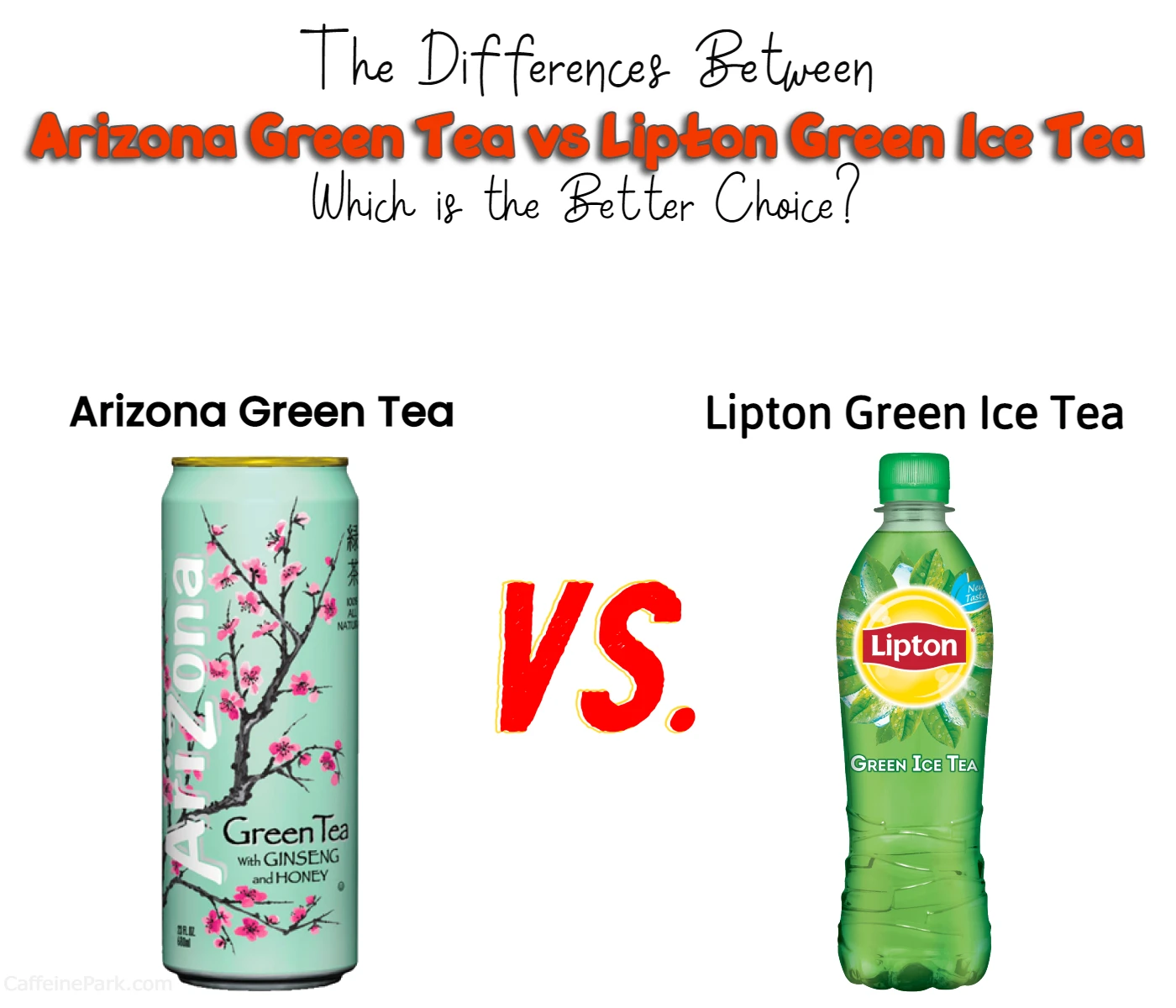Oolong vs Jasmine Tea

Are you a tea lover who is always on the lookout for new varieties of tea to try? Do you find yourself confused about the different types of tea available in the market? If you answered yes to these questions, then you have come to the right place!
In this blog, we will be exploring the difference between two of the most popular types of tea – Jasmine tea and Oolong tea. We will take a deep dive into their flavors, aromas, brewing methods, caffeine content, and health benefits. By the end of this blog, you will have a clear understanding of the differences between these two teas and which one is right for you.
So, if you are ready to explore the world of tea and discover the unique characteristics of Jasmine tea and Oolong tea, then read on. By the end of this blog, you will be an expert on these two popular varieties of tea and will be able to make an informed decision the next time you are faced with the choice between Jasmine tea and Oolong tea. So, let’s get started and learn about the fascinating world of tea!
| Oolong Tea | Jasmine Tea | |
|---|---|---|
| Type | Partially oxidized | Usually green tea |
| tea (10-80% | scented with | |
| oxidized) | jasmine flowers | |
| Origin | Mainly China and | China |
| Taiwan | ||
| Flavor | Floral, fruity, | Floral, sweet, |
| and/or toasty | delicate | |
| Caffeine | Moderate (30-50 mg | Low to moderate |
| per 8 oz cup) | (15-45 mg per 8 oz | |
| cup) | ||
| Brewing | 185-212°F (85-100°C) | 160-185°F (70-85°C) |
| Temperature | for 1-5 minutes | for 1-3 minutes |
| Health Benefits | May improve heart | May improve heart |
| health, digestion, | health, reduce | |
| and weight loss | stress, and provide | |
| antioxidants |
Introduction
Jasmine tea and Oolong tea are both popular varieties of tea with distinct flavors and aromas. Each tea has its unique characteristics, I will take you on a journey to explore the difference between Jasmine tea and Oolong tea.
Jasmine tea is a type of scented tea that originated in China. The tea is made by blending traditional Chinese tea leaves with jasmine flowers, which gives it a distinct floral aroma and flavor. The jasmine flowers used in Jasmine tea are picked early in the morning when they are still closed. They are then layered over the tea leaves, allowing the fragrance to infuse into the tea leaves.
Jasmine tea is typically made with green tea, but it can also be made with white tea or black tea. The tea is usually served hot, and it is a popular choice for afternoon tea or as an after-dinner drink.
Oolong tea is a traditional Chinese tea that is known for its complex flavor and aroma. The tea is made by partially fermenting the tea leaves before they are dried, which gives them a unique flavor that is somewhere between green tea and black tea.
Oolong tea is often referred to as “semi-fermented” tea, as it undergoes a fermentation process that is shorter than that of black tea but longer than that of green tea. The tea is typically served hot, and it is a popular choice for morning tea or as an after-dinner drink.
Differences between Jasmine Tea and Oolong Tea
Now that we have explored the basics of Jasmine tea and Oolong tea let’s delve deeper into their differences.
Flavor
Jasmine tea has a sweet, floral aroma and a delicate, slightly sweet taste. The flavor is light and refreshing, and it pairs well with sweet desserts or light snacks.
Oolong tea, on the other hand, has a more complex flavor profile. The taste of Oolong tea varies depending on the region where it is grown, but it generally has a fruity, floral, or nutty flavor with a slightly bitter aftertaste. Oolong tea pairs well with a wide range of foods, including spicy dishes, rich meats, and dark chocolate.
Aroma
The aroma of Jasmine tea is distinct and floral, with a sweet, honey-like scent. The scent is often described as soothing and relaxing, making it a popular choice for people who want to unwind after a long day.
Oolong tea has a more complex aroma, with notes of fruit, flowers, and nuts. The aroma is subtle and nuanced, and it can vary depending on the region where the tea is grown.
Caffeine Content
Jasmine tea and Oolong tea both contain caffeine, but the amount of caffeine in each tea varies.
Jasmine tea is typically made with green tea, which has a lower caffeine content than black tea. This means that Jasmine tea has moderate caffeine content, making it a good choice for people who want to limit their caffeine intake.
Oolong tea has a higher caffeine content than green tea, but a lower caffeine content than black tea. This means that Oolong tea has a moderate to high caffeine content, depending on how it is brewed.
Brewing Method
Both Jasmine tea and Oolong tea can be brewed using a variety of methods, but there are some differences in how each tea should be brewed.
Jasmine tea should be brewed using water that is around 175°F (80°C). The tea should be steeped for 2-3 minutes, depending on the desired strength. It is important not to over-brew Jasmine tea, as this can make it bitter.
Oolong tea should be brewed using water that is around 195-205°F (90-96°C). The tea should be steeped for 3-5 minutes, depending on the desired strength. Oolong tea can also be steeped multiple times, with each steeping bringing out different flavors and aromas.
Health Benefits
Both Jasmine tea and Oolong tea offer a variety of health benefits.
Jasmine tea is known for its calming properties and is often used to reduce stress and anxiety. It is also rich in antioxidants, which can help to reduce the risk of heart disease, stroke, and certain types of cancer.
Oolong tea is believed to aid in weight loss by boosting metabolism and increasing fat oxidation. It is also rich in antioxidants and can help to reduce the risk of heart disease, stroke, and certain types of cancer.
Conclusion
In conclusion, while both Jasmine tea and Oolong tea are popular teas with distinct flavors and aromas, there are some key differences between the two. Jasmine tea has a sweet, floral aroma and a delicate, slightly sweet taste, while Oolong tea has a more complex flavor profile with notes of fruit, flowers, and nuts. Jasmine tea is typically made with green tea and has a moderate caffeine content, while Oolong tea is a semi-fermented tea with a higher caffeine content. Both teas offer a variety of health benefits and can be enjoyed in a variety of settings. Whether you prefer a soothing cup of Jasmine tea or a complex cup of Oolong tea, both teas offer a unique and enjoyable experience.
Alternative to Oolong tea and Jasmine tea
There are many alternatives to oolong and jasmine tea. Some options include:
- Green Tea: It has a delicate, grassy flavor and is high in antioxidants.
- Black Tea: It has a bold, robust flavor and is often enjoyed with milk and sugar.
- White Tea: It has a subtle, sweet flavor and is the least processed tea variety.
- Herbal Tea: It is made from dried herbs and fruits, and does not contain caffeine.
- Rooibos Tea: It has a mild, earthy flavor and is high in antioxidants.
- Chai Tea: It is a spiced tea that typically contains black tea, cinnamon, ginger, cardamom, and cloves.
- Earl Grey Tea: It is a black tea that is flavored with bergamot oil, which gives it a citrusy aroma.
These are just a few examples, and there are many more types of tea available to explore.
FAQs
The main difference is that oolong tea is a partially oxidized tea, while jasmine tea is usually a green tea that is scented with jasmine flowers.
Oolong tea and Jasmine tea differ in terms of their flavor, aroma, brewing methods, caffeine content, and health benefits. Oolong tea has a more complex flavor profile with notes of fruit, flowers, and nuts, while Jasmine tea has a sweet, floral aroma and a delicate, slightly sweet taste. Oolong tea is a semi-fermented tea with a higher caffeine content, while Jasmine tea is typically made with green tea and has moderate caffeine content.
It depends on the specific variety and how it is brewed, but generally, oolong tea has a more complex and robust flavor, while jasmine tea has a delicate and floral flavor.
Oolong tea generally has more caffeine than jasmine tea, although the exact amount can vary depending on the specific variety and how it is brewed.
Yes, both types of tea can provide health benefits such as improving heart health, aiding digestion, and providing antioxidants.
Oolong tea is typically brewed with water that is 185-212°F (85-100°C) for 1-5 minutes, while jasmine tea is brewed with water that is 160-185°F (70-85°C) for 1-3 minutes. The brewing time and temperature can vary depending on the specific variety and personal preference.
Read More:





